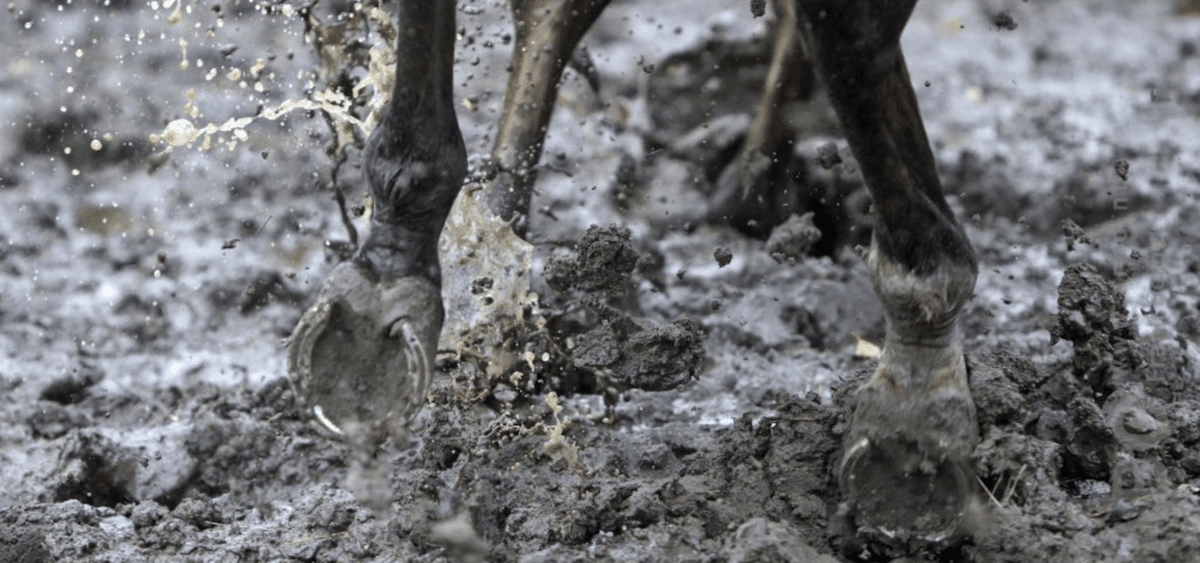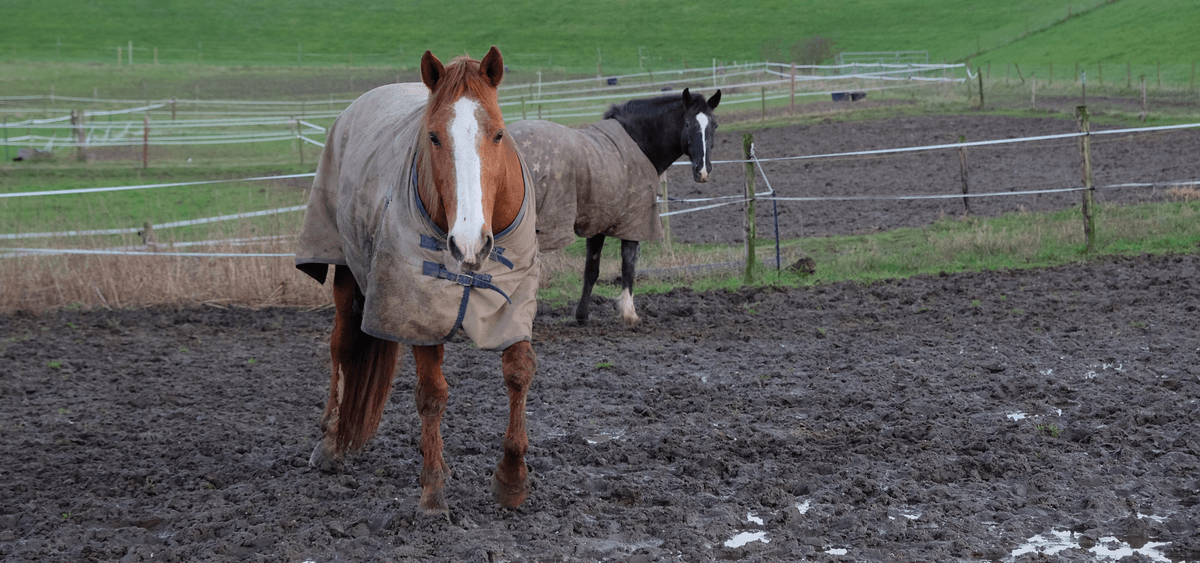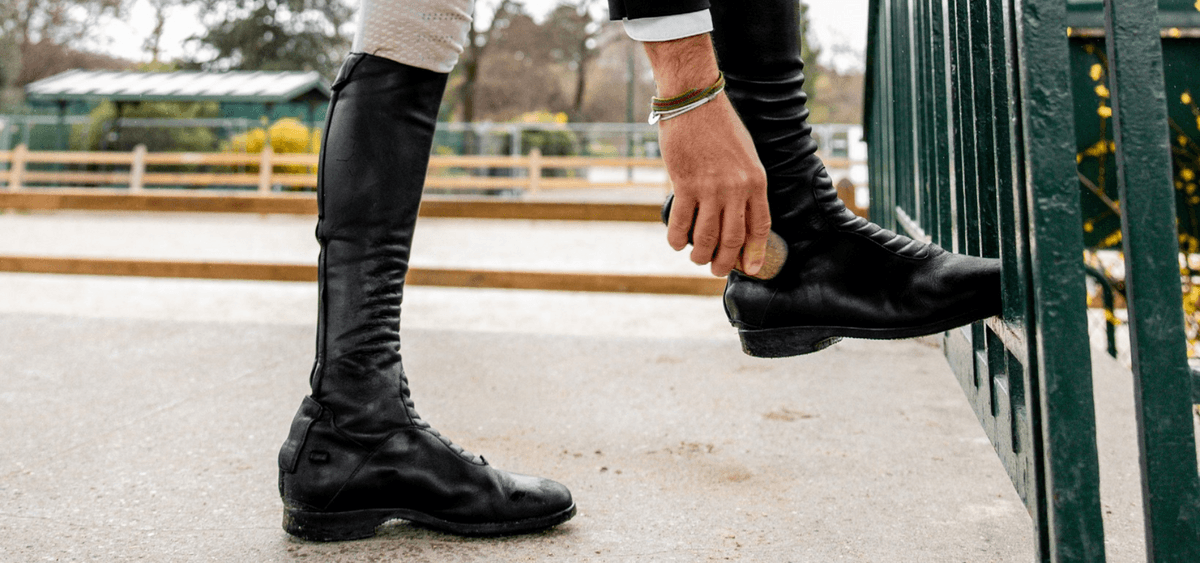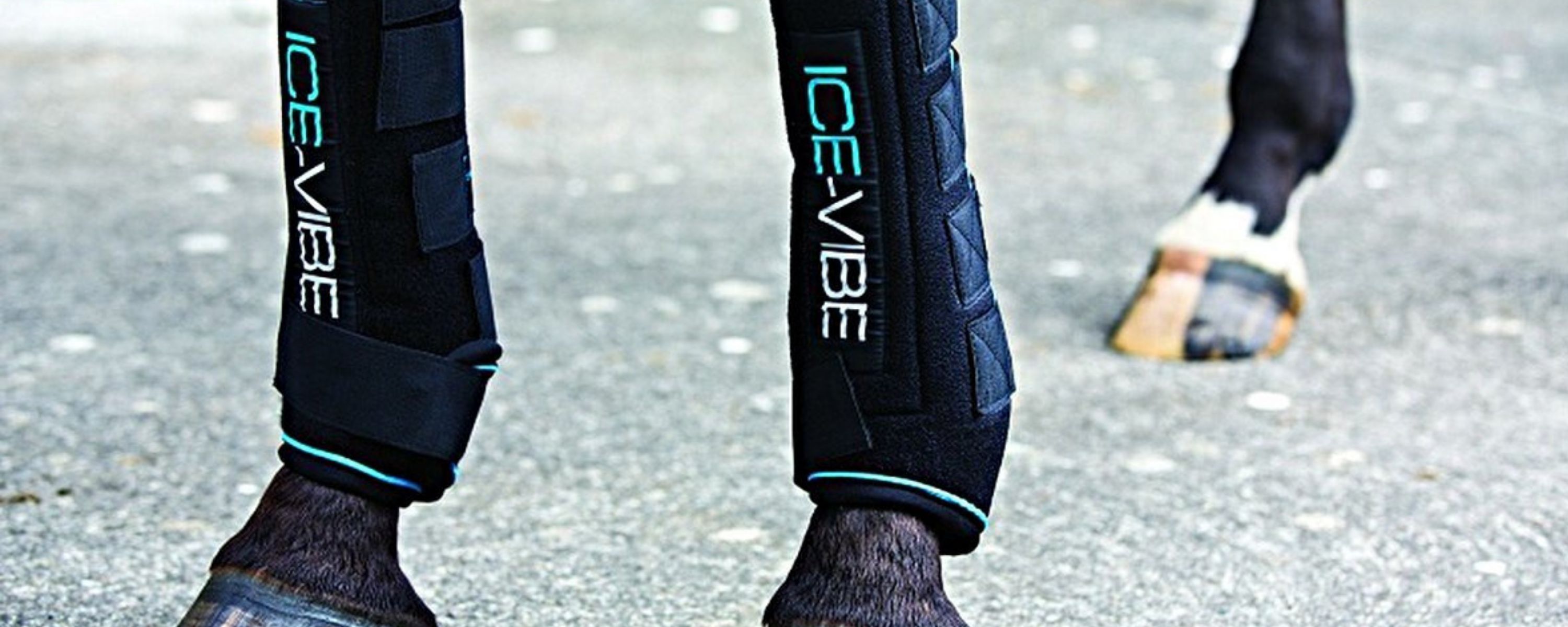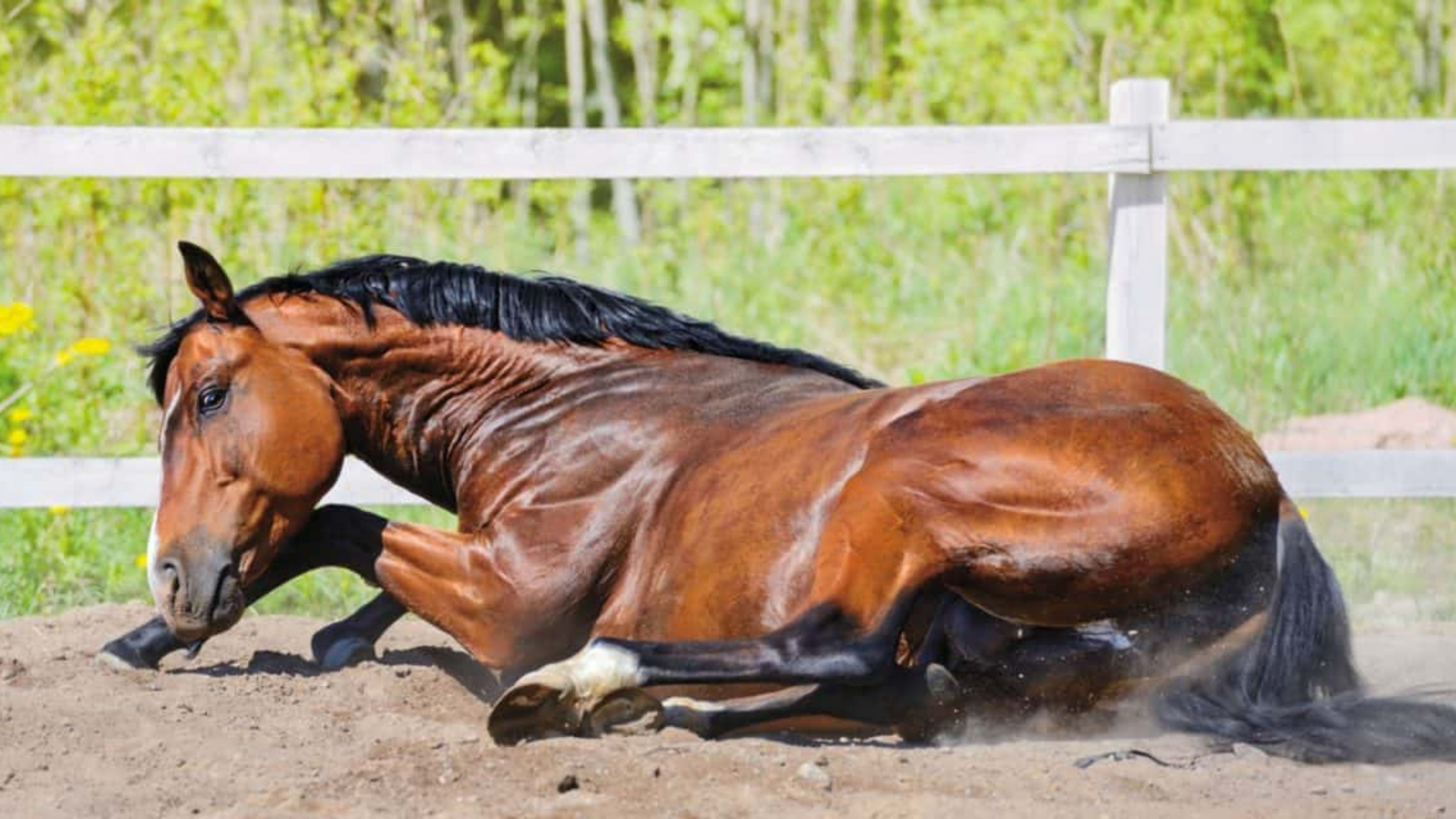A common skin condition in horses is mud fever. Mud fever can cause severe inflammation if not treated promptly and correctly. To protect your horse against mud fever, it is important to know what mud fever is, how to recognize, prevent, and the preventive measures you can take.
undefined
What is mud fever?
Mud fever is a skin condition in horses that mostly occurs in the pastern area, the region just above the hoof. This condition is characterized by inflammation of the skin, which can be very painful for the horse.
The severity of mud fever can vary from mild redness and irritation to more severe forms where cracks, sores, and sometimes even bleeding occur. If mud fever is not treated in time, complications such as cellulitis, lymphangitis, or even lameness can arise.
The skin in the pastern is particularly vulnerable and due to constant exposure to moisture, dirt, and bacteria, this area is extra sensitive to infections. Additionally, the horse's movements while walking or running can cause small skin injuries, increasing the likelihood of mud fever.
undefined
How do you recognize mud fever?
Timely recognition of mud fever in your horse can be the first step in preventing more serious skin conditions. Some recognizable symptoms of mud fever are:
- Cracks: Small tears in the skin.
- Crusts: A clear sign of mud fever, often painful for the horse.
- Flakes: The skin may start to flake in response to the irritation.
- Redness: An indication of inflammation.
- Swelling: Can occur in more severe cases.
- Pain: Can occur when the affected area is touched.
Prevention is better than cure
Here are some tips to protect your horse against mud fever:
- Regularly cleaning your horse's legs and pasterns can help prevent the development of mud fever. Isobetadine or Isobetadine shampoo can be used to disinfect. Other products that help remove bacteria include Cavalor Derma Wash and Foran MRS.
- Ensure that your horse's legs are dry, especially after washing or on wet days. Therefore, after cleaning, be sure to use a towel to dry your horse's legs.
- Good pasture management can help prevent a too wet and muddy environment that can cause mud fever. You can provide a covered area where the ground remains drier or opt for installing mudcontrol plates.
Always consult a veterinarian if in doubt. Additionally, a farrier can provide good advice and help recognize mud fever. It is important to remember that early intervention is crucial in the treatment of mud fever.
Treatment of mud fever
When your veterinarian and/or farrier have diagnosed mud fever in your horse, it is best to start treatment as soon as possible. Cleaning your horse's legs remains very important. Make sure to rinse and wash your horse's legs thoroughly with an antiseptic soap. If there are crusts, you can carefully remove them with your hands.
After washing, it is very important to dry the legs with a cloth. When your horse's legs are clean, you can apply a soothing ointment to the wounds, such as TRM Equizal Natural Barrier Cream. Other preventive products like Cavalor MudDoc and Global Medics Derma Pro can also help against mud fever.
If your horse is in a lot of pain from the mud fever, the veterinarian can prescribe pain relief, so be sure to contact them. The veterinarian can then follow up on the treatment with you and provide advice.
undefined
Conclusion
Mud fever is a common and potentially serious skin condition in horses that, if untreated, can lead to significant pain and discomfort for the horse. Good preventive measures, early detection, and appropriate treatment are essential to keep this condition under control.
At Emmers Equestrian, we understand that the health and well-being of your horse are of utmost importance. We offer a range of products that can help in the prevention and treatment of mud fever. Our expert staff are ready to provide advice and answer questions, whether you visit us in-store, online, or contact us by phone.

